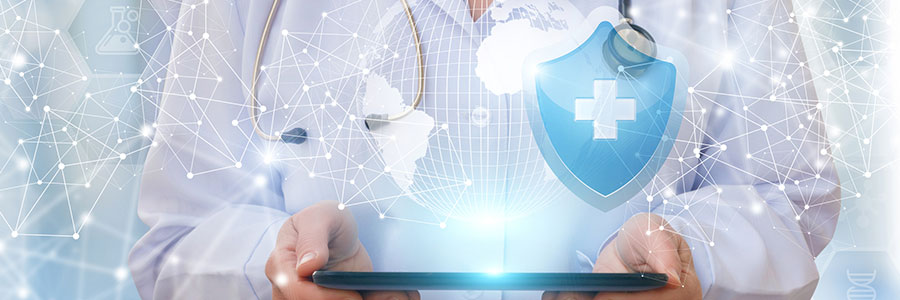You and your patients can benefit from having an electronic medical record (EMR) software system in your clinic, healthcare facility, or hospital. It significantly helps healthcare professionals keep a more comprehensive and detailed record of all their patients’ medical information and treatment procedures.
What to consider when selecting EMR
Ways healthcare practices benefit from online scheduling

To succeed in today’s technology-driven world, healthcare facilities now have to provide convenience alongside top-notch patient care. Online scheduling makes it easy for patients to book their medical appointments.
Even if the use of smartphones, tablets, and other internet-connected devices has already permeated society, many healthcare facilities have trouble keeping up with the times.
How does telemedicine help patients?

Telemedicine means exactly as it sounds — a medical service delivered via telephone or any communications platform. It sounds like a new development in medicine, but it’s really not. While most people still prefer to go to the hospital to receive treatment, the many advancements in telemedicine are beginning to change this.
Here’s what to look for in apps or wearable tech

Are you overwhelmed by the many choices you have in getting the right technology to monitor your health? Do you download an app on your mobile to track your pulse rate? Or buy a wearable device that can tell you more about your health? While it’s best to leave the professional recommendations to your healthcare provider, it would be great if you’re also in the know, so you have a better idea of what suits you.
Hospital readmissions down thanks to big data
The pros and cons of EHRs
The best way to secure PHI
Healthcare IoT: Security risks involved
4 Items in Your HIPAA Compliance Checklist
AI and its effects on healthcare

Technology changes and evolves at the blink of an eye. A new invention this year can be obsolete the next. However, some technological advancements survive the test of time, as is sure to be the case with machine learning. It’s the first step toward artificial intelligence (AI), and it’s already making huge strides in the healthcare industry.






